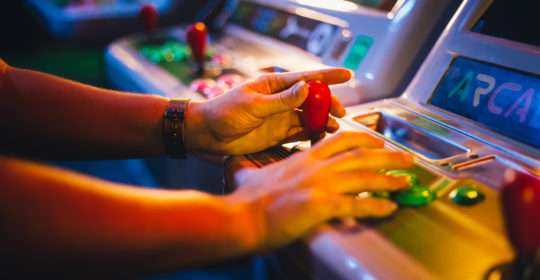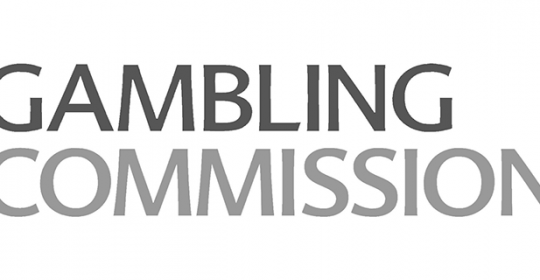People enjoy a flutter, in real life or online, for all sorts of reasons. It can be sociable, and there’s the chance of making some money, of course, but above all, gaming is meant to be fun. And for most people, that’s exactly what it is. But being a problem gambler can significantly damage your health and relationships with friends and family. It can also leave you with some pretty serious debt.
Problem gaming is sometimes known as the ‘hidden addiction’. It can easily be hidden from people as it isn't always immediately apparent that someone has a problem. Unlike, say, alcohol or drug issues, you probably won’t notice the effects unless someone tells you.
But this is something which can affect anyone. It doesn’t discriminate in terms of age, gender or ethnicity. Although some research has suggested you may be more likely to develop a problem if you started gambling early in your life. Or if there is a history of problem gambling in your family.
Think you may have a problem? GambleAware can help.
If you think your relationship with gambling could be problematic, the NHS has this guide. The guide asks questions such as:
- Has gaming has ever been the source of any health problems?
- Do you have stress or anxiety?
- Do you regularly bet more than you can afford or lose?
- Do you keep chasing losses by continuing playing to try and win back money you’ve lost?
It may also potentially be a cause for concern if you find you need to gamble for longer and with more money to get the same buzz, or are lying or arguing about your gambling with close family members.
What can be done to help? Contact GambleAware for help.
The good news is that the gaming industry takes problem gambling seriously, and plenty of help is available – there’s evidence that it’s possible to treat gambling addiction in the same way as other addictions. Cognitive behavioural therapy has been found to give the most promising results.
There are also some common sense steps you can take yourself to protect yourself from problems and to remain in control so that you continue to have fun and enjoy gambling rather than it being a compulsion. These include paying off important bills like the mortgage before starting to gamble. Deal with debts rather than ignoring them. It should also help to spend plenty of time with people who are not gamblers.
Equally, try to see gambling as fun and entertaining, rather than as a way of making money, and make sure that it’s not your only form of entertainment; do other things as well. Again in the interests of balance, take regular breaks when you’re playing. Don’t gamble if you’re feeling stressed, upset, depressed or angry, as you’re unlikely to be able to play with a clear head in those circumstances. (For the same reason, never gamble under the influence of alcohol or drugs.)
Finally
Set limits for what you are going to gamble at the start of our session – and stick to them. It may sound obvious, but never stake more than you can afford to lose. Do the same with time limits: set an alarm and allow yourself to play until it goes off, and then quit.
Above all, it’s important that, if you think your gambling may be problematic, that you do seek help and talk to someone – it’s clearly the vital first step on the road to tackling the issues.
What is the industry doing?
The Senet Group is an independent body set up to promote responsible standards in gaming. It created the campaign When the Fun Stops, Stop, a timely reminder that you will see on many gambling websites. GambleAware is the leading British charity working to minimise problems associated with gaming. It’s an independent, nationwide charity which donations from the industry help to fun. It has a programme of education, prevention and treatment services while also commissioning research to that the issues associated with problem gambling are better understood. It wants those who need it receive fast, effective treatment and support. Its works is guided by the National Responsible Gambling Strategy, as defined by the Responsible Gaming Strategy Board, and endorsed by the Gambling Commission.
Other sources of help?
- GamCare offers free information, counselling and support UK-wide – it also runs the National Gambling Helpline (0808 8020 133)
- The National Problem Gambling Clinic is a specialist NHS service
- Gamblers Anonymous UK runs local support groups that are similar to the way Alcoholics Anonymous is run
- The Gordon Moody Association offers residential courses for problem gamblers





